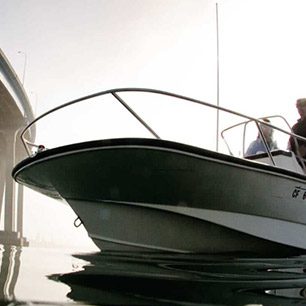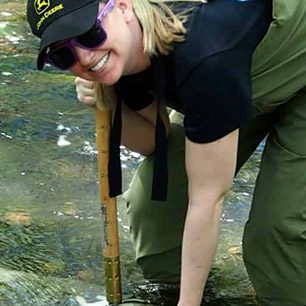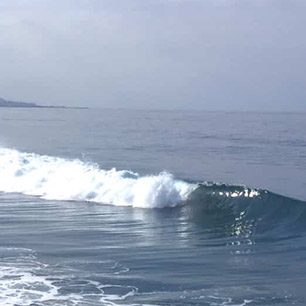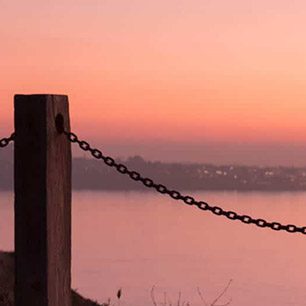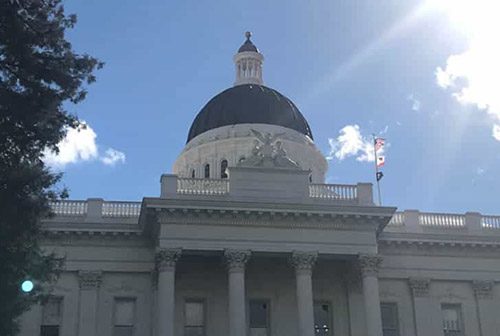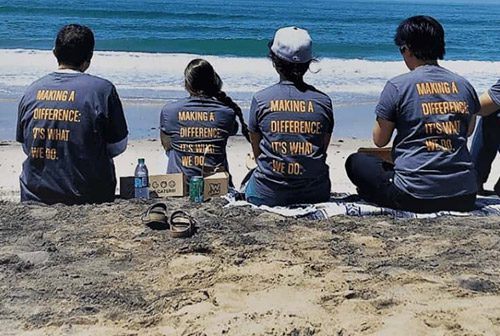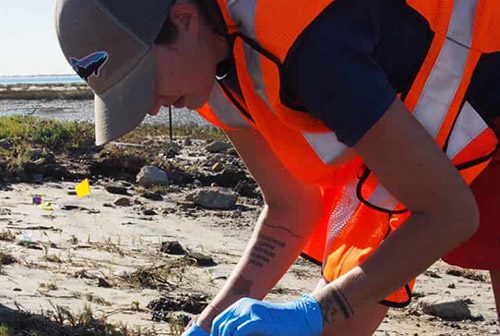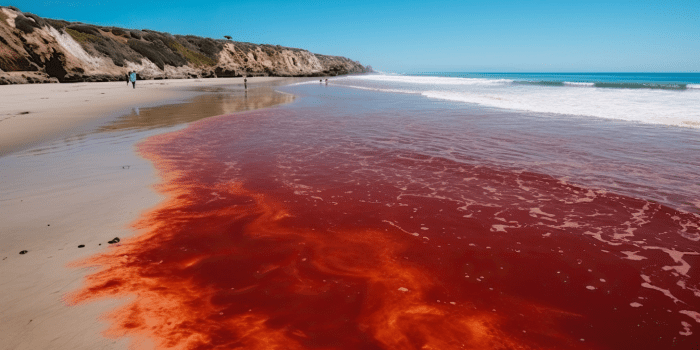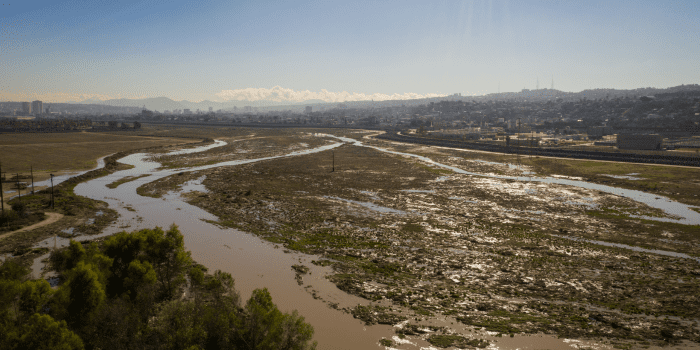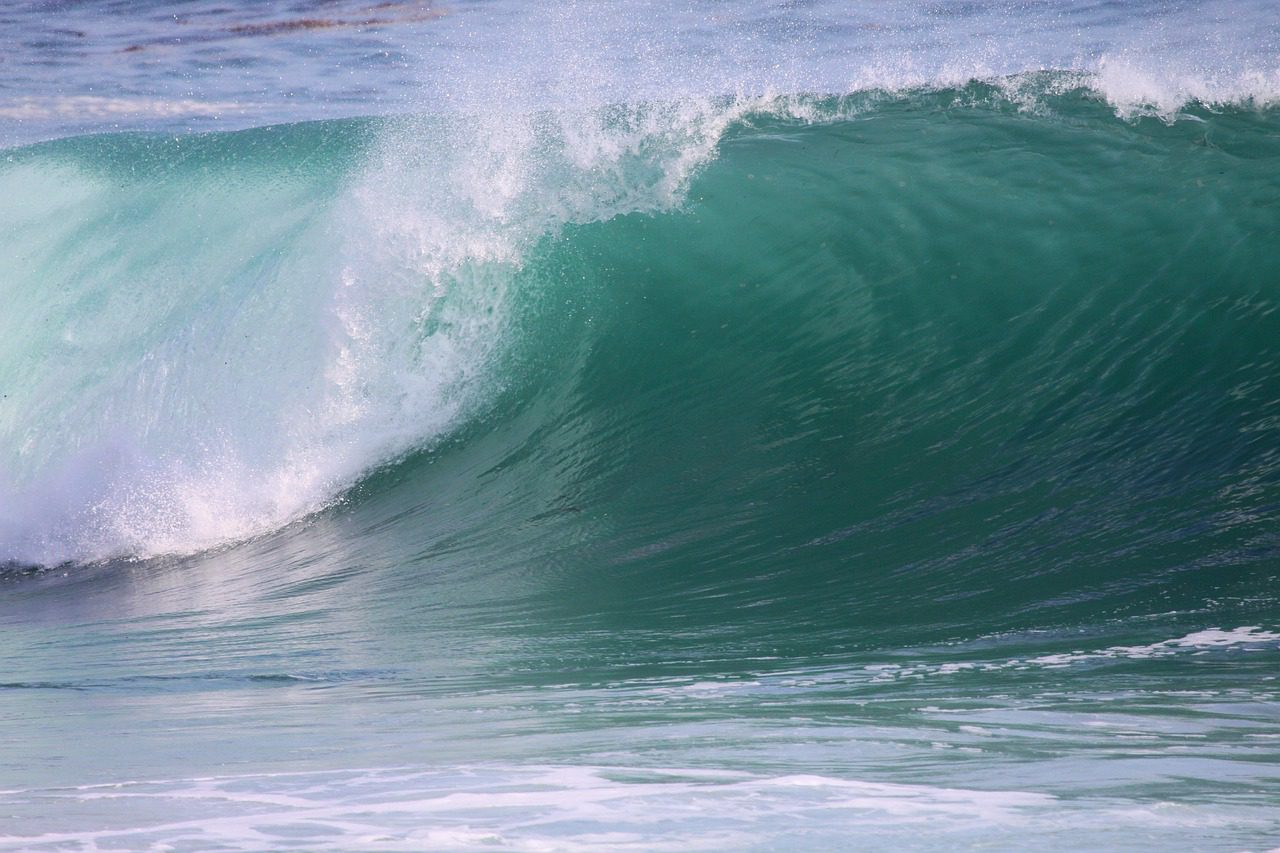Polluted runoff is San Diego County’s number one water quality problem. It’s what causes the Department of Environmental Health to issue 72-hour polluted beach advisories when it rains and what causes our local streams and rivers to receive poor health ratings.
To address that issue, the Municipal Separate Storm Sewer Systems (“MS4”) permit requires our local governments to create and implement plans to prevent pollution in urban runoff and stormwater from reaching our waters. Naturally, Coastkeeper supports that permit and its goal to protect and restore our waters. Until recently, the permit required strict compliance with the Clean Water Act and with standards aimed at protecting our waters from pollution. It held the cities and other governments accountable if they weren’t achieving clean water.
But on November 18, 2015, the San Diego Regional Water Control Board approved an amendment known as a “Safe Harbor” that gives permit holders a pass from accountability for water-quality protection if they have a plan to eventually, someday reduce pollution into our waters and achieve fishable, swimmable waters. They get this “pass” from the moment their plan is approved and it continues indefinitely as long as they keep trying to do better, even if they continue failing to meet water-quality standards. In December, we filed a petition to the State Water Resource Control Board to overturn these amendments and to restore accountability of our governments under the Clean Water Act.
The Clean Water Act long ago recognized that the job of protecting our waters was bigger than the EPA or Regional Boards alone. In doing so, it created a provision that gives citizens the right, if not responsibility, to enforce the laws meant to protect our waters. Since the Clean Water Act is the best – and many times only – tool we as citizens have to defend and protect our waters, it is crucial that we work to protect and preserve that right with the same devotion and intensity we put into protecting our rivers, streams and ocean.


